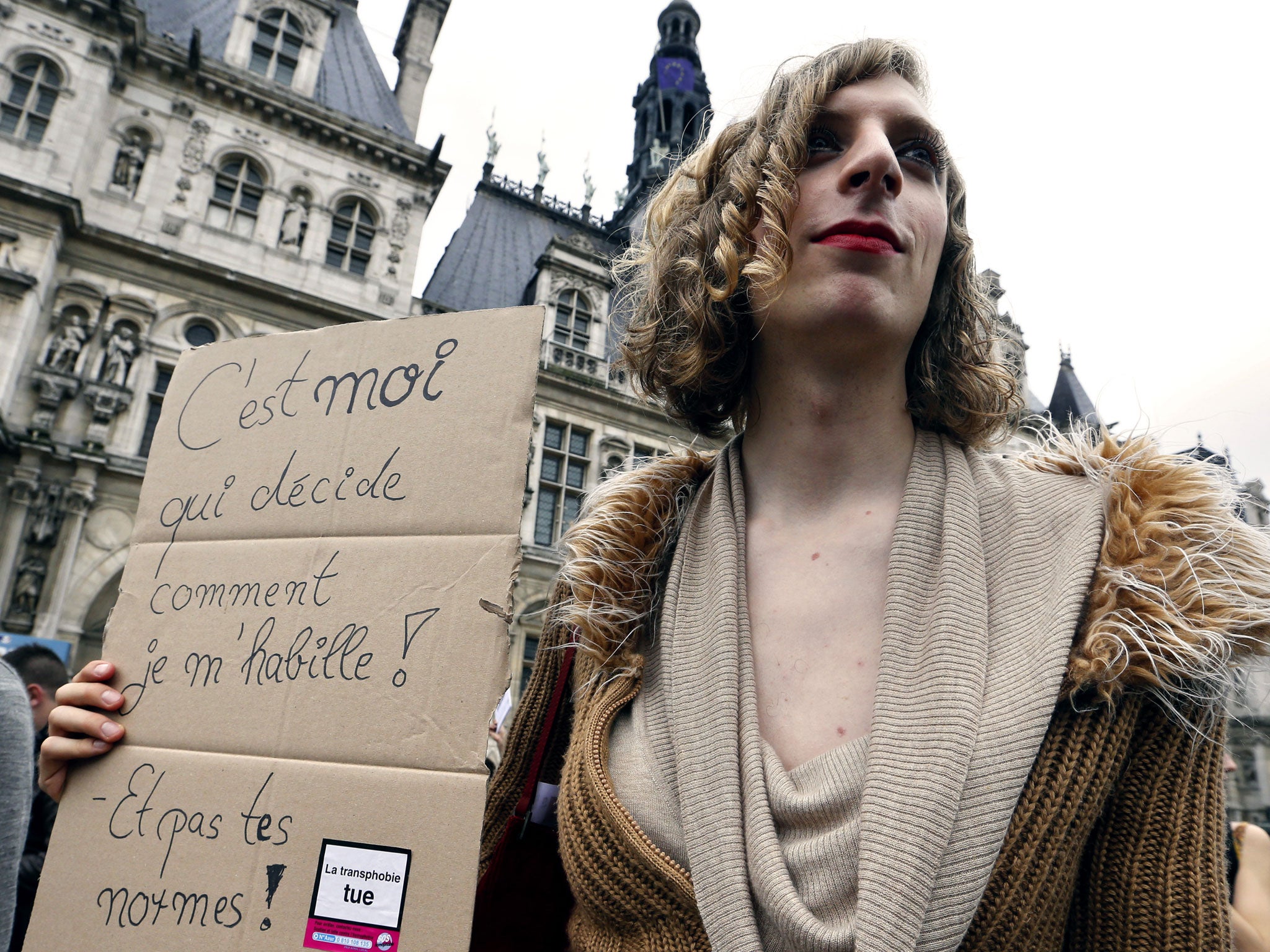Does more need to be done to integrate transgender people at university?
Today is the International Day Against Homophobia and Transphobia (IDAHO). and while universities might be making great strides to combat homophobia, transgender students are still having far too tough a time of it

Today is the International Day Against Homophobia and Transphobia (IDAHO); it's the opportunity to make people aware of homophobic issues negatively impacting on people’s lives, and celebrate positive changes in the lives of those who identify themselves as transgender.
The existence of IDAHO shows that society has progressed somewhat in its acceptance of the LGBT community - but are universities doing enough to tackle the somewhat invisible and forgotten presence of its transgender students in the university sphere in the UK?
Racism and sexism have undeniably been a part of many people’s university experiences, and we have identified ways to tackle both, yet the transgender community continues to not be accepted as part of our mainstream culture.
Alienated
With university being a hub for opposite-sex relations, many transgender students can feel alienated at university and find it difficult to fit in a mainly heterosexual sphere in which gender roles are still rigid. A final-year trans student describes her time at university as mostly alienating: "I was openly trans during my university years, but faced a lot of verbal abuse and at one point, physical assault on a night out. Hate crimes are a problem against transgender students and universities should do more to treat it as a necessary problem to solve."
And it’s not just social exclusion that may have an impact on transgender students’ wellbeing. Statistics show that transgender people are at risk from suicide, bullying, and social isolation. The Trans Mental Health Study 2012, the largest study carried out in Europe with 900 respondents, showed that a massive 84 per cent of respondents had thought about committing suicide.
Of those who had considered suicide, 48 per cent had made an actual suicide attempt and 33 per cent had attempted it more than once. With the highest number of participants aged between 18-25, this is concerning to say the least. One participant said 'we need to start helping trans teenagers. This would have helped me and probably prevented me from attempting suicide’.
Another stated that ‘the lack of support in the system can be very damaging, particularly so for younger people who have no support or no understanding from their families. The lack of safe spaces for people to escape or to access to residential/ therapeutic communities just means people get worse but they don’t tell anyone else’.
These statistics show effectively the detrimental effects of the lack of support young people are given and more importantly, their invisibility in a university sphere.
Some progress
However, some universities have made some progress in implanting trans-supportive policies. Oxford University has come some way towards meeting the needs of transgender students, through changing the dress codes for examinations and formal occasions, to allow transgender students to wear what they view as compatible to their gender identity.
Additionally, the University of Sheffield also offers administrative support for transgender students, as well as accommodation requirements and additional professional support. Sheffield is also unique in implementing a set of gender-neutral toilets in its university premises. Moreover, many universities have welcoming LGBT societies which hold events to explore trans-identities and work towards making universities and colleges a trans inclusive space.
One transgender student argues that these movements have made some progress in changing transphobic attitudes, too.
"I came out as genderqueer in my first year when I ran for a position on my university's LGBT society committee, and again when I went on to become the trans* rep for our liberation campaign. Legally changing my name and choosing to start hormone replacement therapy while at university was definitely the best decision for me and I have absolutely no regrets.
"I'm open about my trans* status and have tried my best to use that as a platform to engage with those who want to learn more about what it means to be transgender and gender non-conforming. However, I have heard some horrifying stories from other trans* people who have had terrible experiences on their campuses in other parts of the UK, and I count myself very fortunate to have had nothing but support from my friends, family and university staff."
Sky Yarlett, the NUS LGBT officer, argues that despite progress being made in the university sphere, ‘we know that not everything is perfect for trans students'.
"With students facing harassment on their campuses and their gender identities not being respected by peers or staff," she adds. "We are seeing the beginnings of a massive change and awareness of transgender within education but we’ve still got a long way to go. The rights of Trans students is at the fore of the NUS Liberation campaigns and the next year should be really exciting."
In order for transgender students to be integrated into university, universities have a responsibility to help this process, and to eradicate hate crimes, bullying and abuse that transgender students face. Universities also should play a role in educating its students to co-exist with others in society with those who have differing identities, preferably during freshers’ week.
Sheffield's gender-neutral toilets should be replicated nationally. Only by challenging transphobic attitudes and creating a space in universities where transgender people are welcomed as students, not as a minority group, will we see a change in the way transgender people are treated in society and university.
Join our commenting forum
Join thought-provoking conversations, follow other Independent readers and see their replies
Comments
Bookmark popover
Removed from bookmarks